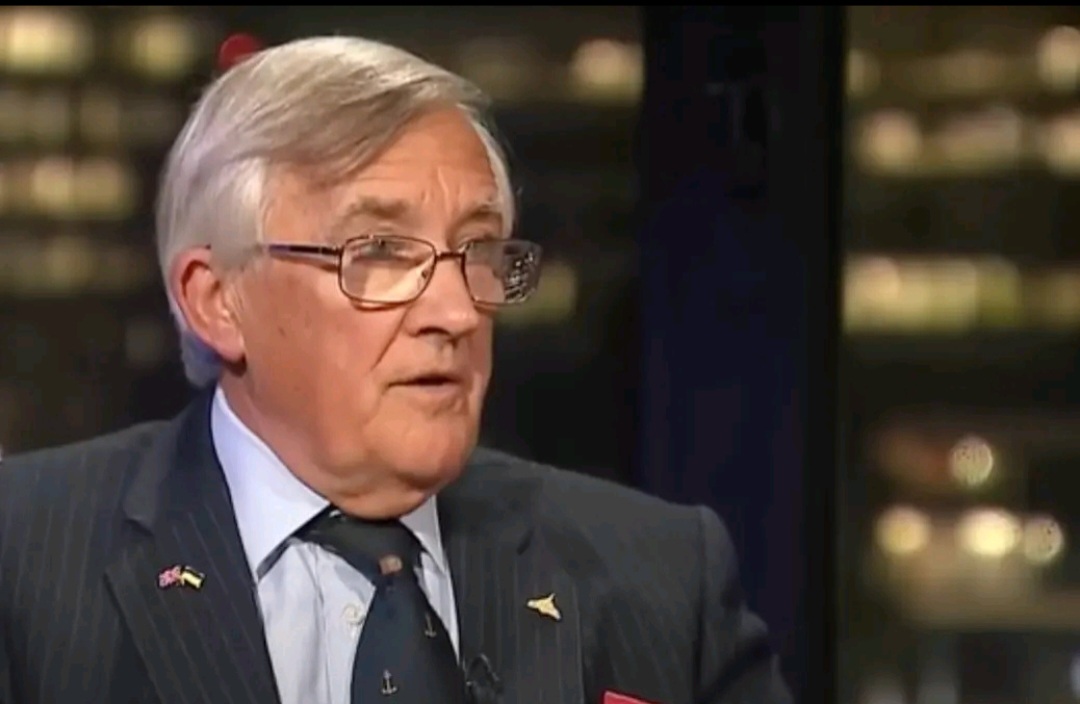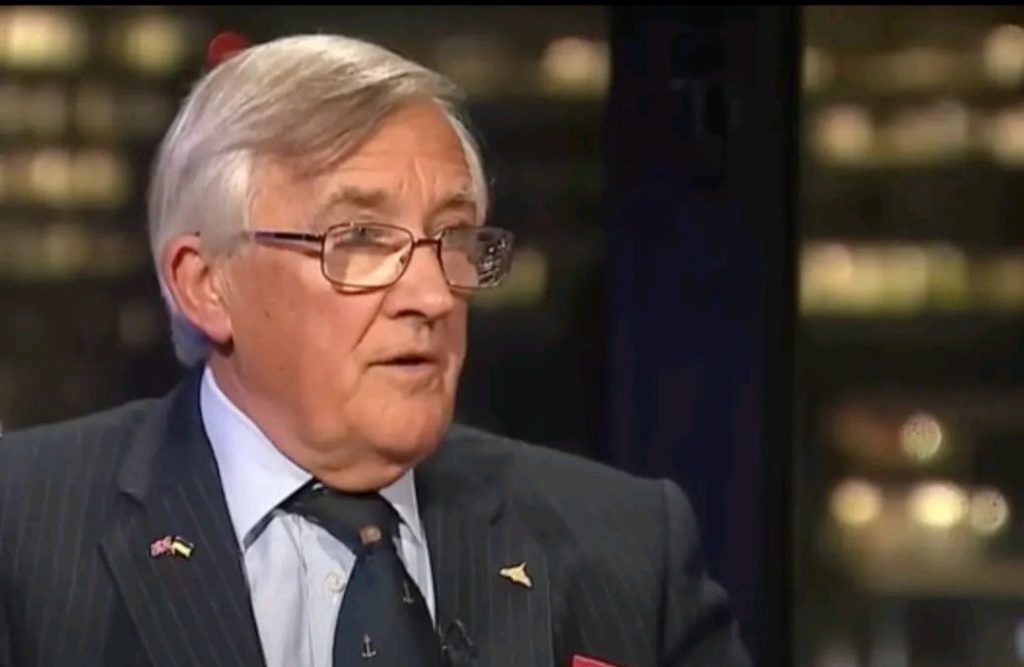
In today’s political landscape, the cherished value of free speech is under siege. Former Conservative MP for Aldershot, Sir Gerald Howarth, warns of a concerning trend that jeopardizes the very essence of democracy: the ability to express dissenting opinions without fear of repercussion as reported by The Guardian News.

“You can’t possibly say that!”—a phrase all too familiar in a society where individuals are increasingly censored for expressing views contrary to the prevailing narrative. The erosion of free speech is evident in the treatment of public figures like author JK Rowling and broadcaster Nigel Farage. Rowling faced relentless abuse for expressing viewpoints deemed unpopular by a vocal minority, while Farage was de-banked by NatWest due to alleged misalignment with the bank’s values—a move reminiscent of ideological purges
The stifling of free speech extends beyond public figures to ordinary citizens. Consider the case of a Batley Grammar School teacher who remains in hiding after receiving death threats for discussing sensitive topics in the classroom. Similarly, educator Katherine Birbalsingh faced backlash for implementing policies aimed at maintaining order in schools, highlighting the challenges faced by individuals who dare to challenge prevailing norms.
Historically, dissenting voices were marginalized through accusations of racism or bigotry, effectively silencing legitimate debate on critical issues like immigration and cultural integration. However, courageous individuals like Gillian Duffy challenged this narrative, leading to a reevaluation of public discourse on migration policies.
Today, those who question the influence of Islam or assert the Christian heritage of the nation are labeled Islamophobic or intolerant. Such labeling serves to delegitimize dissent and curtail meaningful dialogue on matters of national identity and cultural cohesion.
The erosion of free speech is not limited to social interactions but permeates institutional structures as well. Law enforcement agencies, once bastions of impartiality, have been accused of selective enforcement, as seen in the differential treatment of Christian preachers and political demonstrators.
Even esteemed organizations like the National Trust face scrutiny for stifling dissenting voices. The rejection of former Supreme Court judge Lord Jonathan Sumption from the Trust’s Council underscores the chilling effect of ideological conformity on institutional governance.
The consequences of curtailed free speech extend beyond individual liberties to the very fabric of democracy. As dissenting voices are silenced and alternative viewpoints suppressed, the marketplace of ideas shrinks, depriving society of diverse perspectives necessary for informed decision-making.
In response to these challenges, Sir Gerald Howarth calls for a reaffirmation of the principles of free speech and robust public debate. He warns against the insidious encroachment of censorship and urges citizens to reclaim their right to express dissenting opinions without fear of retribution.
As the struggle for free speech continues, it is imperative that individuals remain vigilant guardians of this fundamental freedom, lest democracy itself become a casualty of ideological conformity. In a truly democratic society, no viewpoint should be beyond scrutiny, and no individual should fear reprisal for expressing their beliefs.




